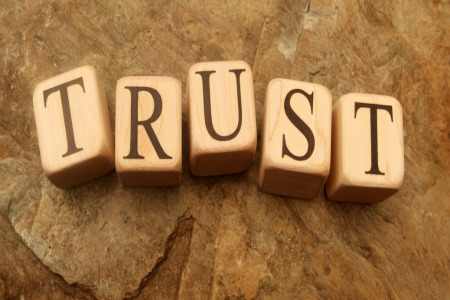
Most Americans distrust people around them
Two thirds of all Americans believe that they can’t trust most other persons, a new survey says.
The poll, done by AP-GfK, showed a record number of Americans who distrust those who surround them, in everyday life.
(To read details click here for the poll findings.)
The proportion increased significantly since 1972 (the year the General Social Survey, or GSS, asked the question for the first time), when only half of the population thought the same.
Less than one-third expressed trust in clerks who swipe their credit cards, drivers on the road, or people they meet when traveling.
According to the study, reported by The Associated Press, “it’s too late for most Americans alive today to become more trusting,” because “the basis for a person’s lifetime trust levels is set by his or her mid-twenties and unlikely to change, other than in some unifying crucible such as a world war.”
University of Maryland Professor Eric Uslaner, who studies politics and trust, puts the blame elsewhere: economic inequality.
“Trust has declined as the gap between the nation’s rich and poor gapes ever wider,” Uslaner told the AP, “and more and more Americans feel shut out. They’ve lost their sense of a shared fate. Tellingly, trust rises with wealth.”
“People who believe the world is a good place and it’s going to get better and you can help make it better, they will be trusting,” Uslaner said. “If you believe it’s dark and driven by outside forces you can’t control, you will be a mistruster.”
African-Americans consistently have expressed far less faith in “most people” than the white majority does. Racism, discrimination and a high rate of poverty destroy trust.
Nearly 8 in 10 African-Americans, in the 2012 survey conducted by NORC at the University of Chicago, felt that “you can’t be too careful.” That figure has held remarkably steady across the 25 GSS surveys since 1972, which indicates that the decline in the nation’s overall trust quotient was driven by changing attitudes among whites.
Paradoxically, the early, most trusting years of the GSS poll coincided with Watergate and the Vietnam War. Trust dropped off in the more stable 1980s.
Crime rates fell in the 1990s and 2000s, and still Americans grew less trusting. Many social scientists blame 24-hour news coverage of distant violence for skewing people’s perceptions of crime.


